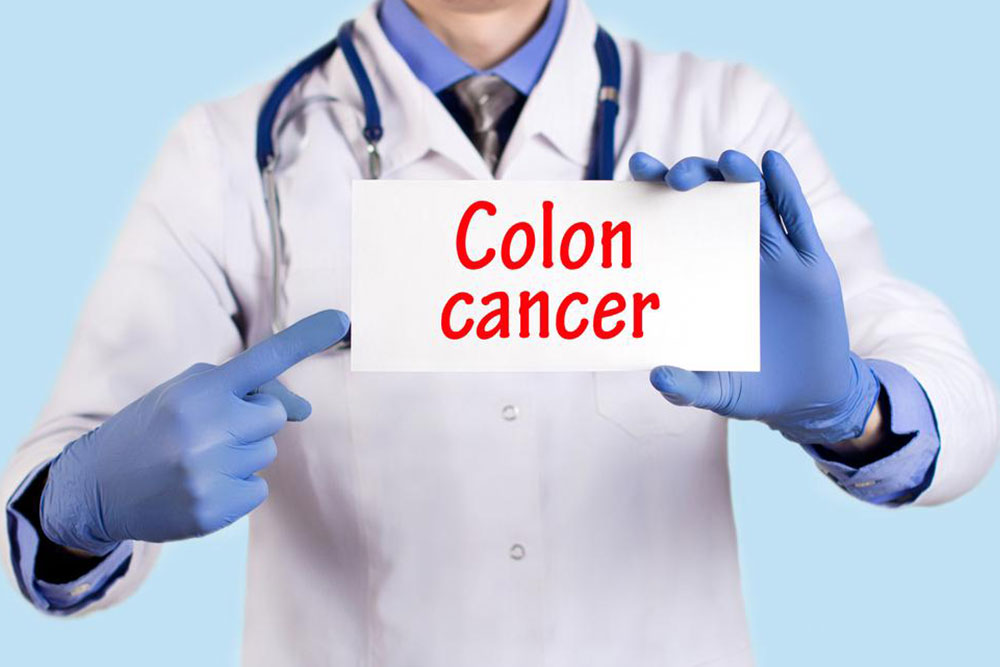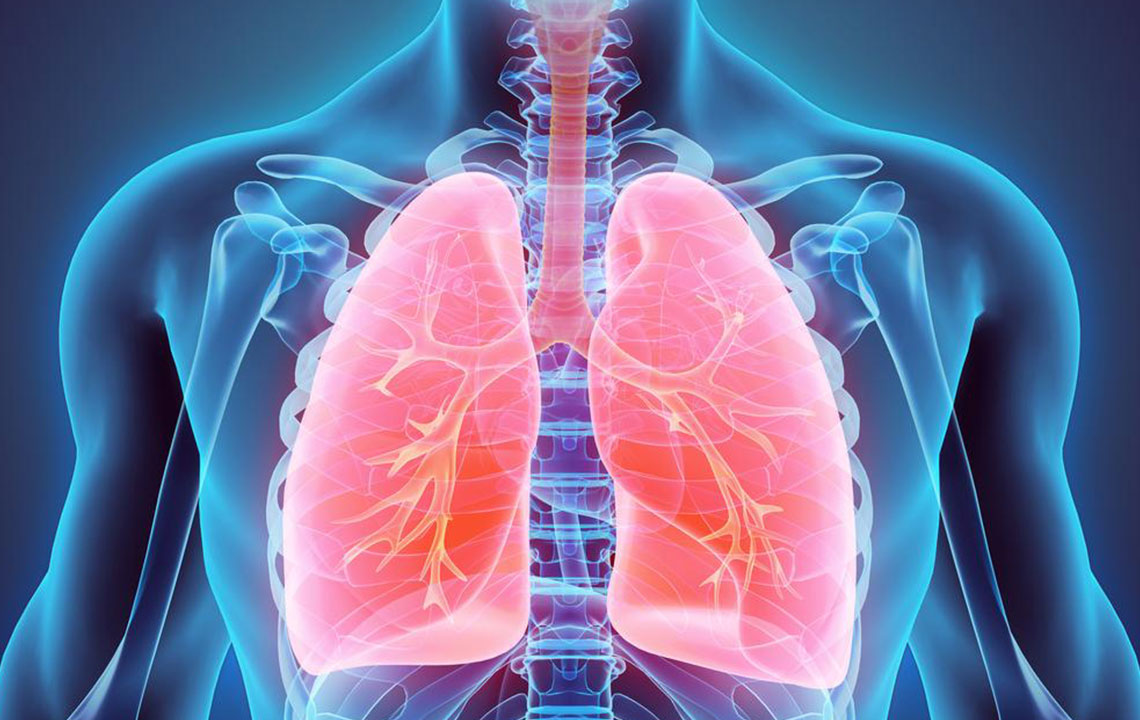Comprehensive Guide to Colorectal Cancer: Symptoms, Screening, Treatments, and Lifestyle Strategies
This comprehensive guide provides in-depth insights into colorectal cancer, covering symptoms, early detection strategies—including at-home screening kits—approved treatments like Avastin and Xeloda, and lifestyle modifications such as diet and exercise. Emphasizing early diagnosis and holistic care, the article aims to empower individuals to take proactive steps in prevention and management of colorectal cancer, highlighting emerging treatments and future directions for better patient outcomes.

Comprehensive Guide to Colorectal Cancer: Symptoms, Screening, Treatments, and Lifestyle Strategies
Colorectal cancer, also known as colon cancer, arises in the large intestine's detection of abnormal cell growth in the colon or rectum. As the third most common cancer worldwide, it poses significant health challenges, but early detection and effective treatment options can greatly improve survival rates. This in-depth article explores the causes, symptoms, screening methods—including at-home options—approved treatments, and lifestyle strategies to help prevent and manage colorectal cancer.
Understanding the Anatomy and Development of Colorectal Cancer
The colon, which is the largest part of the large intestine, plays a critical role in absorbing nutrients from digested food and compacting waste before excretion. Tumor formation in this region begins with abnormal cell growth, often developing slowly over time. These tumors can be benign (non-cancerous) initially but may progress to malignant (cancerous) if left untreated. Recognizing the early signs and understanding the progression stages are vital for timely intervention.
Symptoms of colorectal cancer can vary depending on the tumor’s location and size. Common signs include persistent changes in bowel habits such as diarrhea or constipation, abdominal discomfort or cramping, unexplained fatigue, and irritability of the bowel system. In some cases, patients may notice blood in their stool or experience weight loss without apparent reason. If these symptoms persist, consulting a healthcare professional for diagnosis is crucial.
Early Detection and At-Home Screening Tools
Detecting colorectal cancer at an early stage significantly increases the chances of successful treatment. Traditional screening methods include colonoscopy and sigmoidoscopy, but in recent years, at-home screening kits have gained popularity due to their convenience and non-invasiveness. One such FDA-approved tool is the ColoGuard kit, which is available with a prescription for adults aged 45 and older. This stool DNA test analyzes samples for blood and genetic markers associated with colorectal cancer, providing a reliable screening option outside a clinical setting.
Regular screening is essential, particularly for individuals at higher risk due to family history, age, lifestyle, or previous health issues. Incorporating at-home testing as part of a routine health check can lead to earlier diagnosis and better outcomes.
Medical Treatments for Colorectal Cancer
Several treatments have been approved by the Food and Drug Administration (FDA) for managing colorectal cancer effectively. The choice of treatment depends on the stage at diagnosis, tumor location, and overall health of the patient. Combining surgery, chemotherapy, radiation, and targeted therapies offers a comprehensive approach to combat the disease.
Key Therapeutic Options
Avastin (Bevacizumab)
Avastin is a monoclonal antibody that inhibits angiogenesis—the process by which tumors develop new blood vessels, essential for their growth. It is often used in combination with chemotherapy agents such as fluorouracil for treating metastatic colorectal cancer that has not spread beyond the colon. This medication can help slow tumor progression and improve life quality.
Xeloda (Capecitabine)
Xeloda is an oral chemotherapy drug that converts into 5-fluorouracil within the body, disrupting cancer cell DNA synthesis. It is prescribed in cases where the cancer has spread to lymph nodes or distant organs after surgery, helping to control tumor growth and prevent recurrence.
Lifestyle and Dietary Strategies to Prevent and Support Treatment
While diet alone cannot prevent or cure colorectal cancer, maintaining a healthy lifestyle through proper nutrition and habits can significantly influence disease progression and overall health. Incorporating nutrient-rich foods and healthful practices supports preventive measures and complements medical treatments.
Fruits: A Natural Defense
Fruits such as apples, bananas, blueberries, and oranges are rich in antioxidants, dietary fiber, and phytochemicals that help protect against cell damage and support digestive health. These nutrients may limit tumor growth and reduce inflammation in the colon.
Nuts: Nutritional Powerhouses
Nuts like almonds, cashews, pistachios, and hazelnuts are valuable sources of dietary fiber, flavonoids, and healthy unsaturated fats. Consuming nuts regularly has been associated with a lower risk of colon cancer due to their anti-inflammatory and antioxidant properties.
Healthy Fats and Oils
Incorporating healthy fats such as extra virgin olive oil into your diet can bolster your natural defenses against colorectal cancer. Olive oil contains bioactive compounds that can reduce harmful bile acids and enhance enzymes responsible for regulating abnormal cell growth in the intestines.
Additional Lifestyle Tips for Prevention and Management
Beyond diet, other lifestyle habits can contribute to lowering the risk of colorectal cancer and supporting overall health. Regular physical activity, avoiding smoking, limiting alcohol consumption, and maintaining a healthy weight are all recommended strategies. Engaging in routine health check-ups and screenings ensures early detection of potential issues, improving the success rate of treatments.
Emerging Trends and Future Directions in Treatment
Research in colorectal cancer treatment continues to evolve. Advances include immunotherapy, personalized medicine targeting genetic mutations, and minimally invasive surgical techniques. These innovations aim to improve patient outcomes, reduce side effects, and increase survival rates. Staying informed about these developments can empower patients and healthcare providers to choose the most effective, tailored interventions.
In conclusion, understanding colorectal cancer—from its risk factors and symptoms to screening options and modern treatments—is vital for early detection and successful management. Combining medical approaches with healthy lifestyle choices can significantly influence disease outcomes, ultimately saving lives and improving quality of life.





